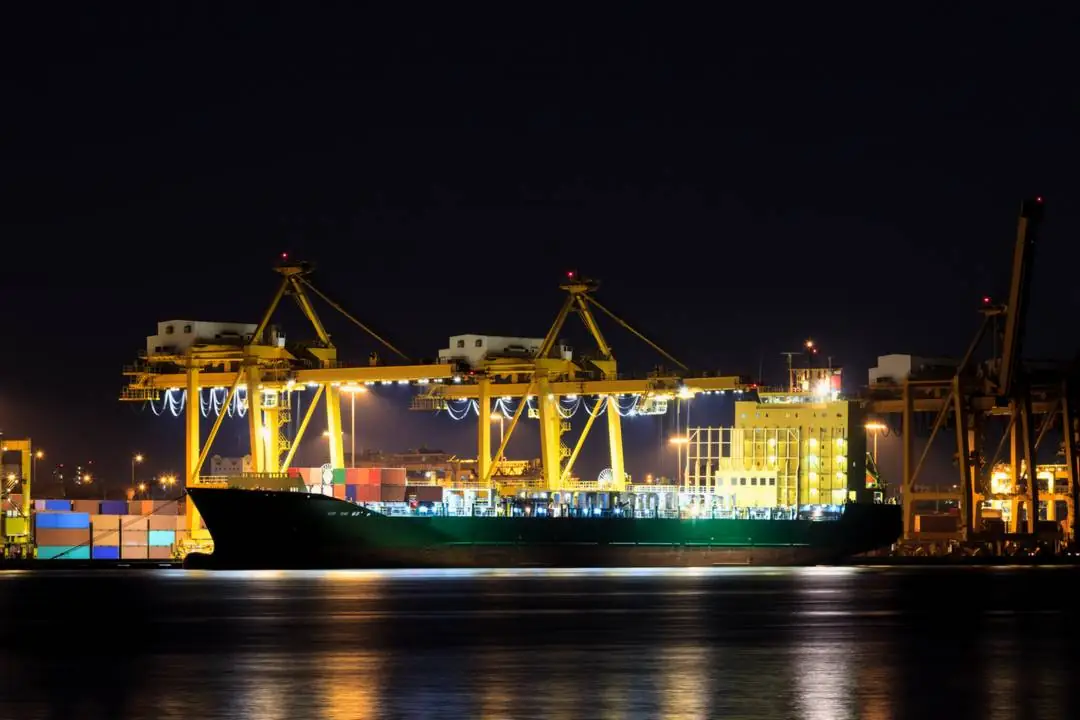Theft or robbery of goods during transportation: ICMS and IPI highlighted on the invoice
Amid the complexities of trade and the transportation of goods, there is concern about how to deal with theft or robbery during transportation and the direct impact on ICMS and IPI taxes. In this article, we will explore the details of this scenario, elucidating when the triggering event for these taxes occurs and how companies should proceed in adverse situations.
[Article]: The importance of strategic planning for foreign trade companies
ICMS
In the event of theft or robbery of goods sold during transportation, the ICMS taxable event is considered to be when the taxed goods leave the taxpayer's establishment, even if the destination is another establishment of the same owner. In other words, even if the goods don't reach their intended destination, the ICMS tax liability has already been established at the time of departure.
[Article]: What is ICMS and how does it work?
IPI
As for the IPI, the taxable event occurs when the taxed product leaves the industrial establishment or establishment treated as industrial. Thus, even if the product is stolen or robbed during transportation, the responsibility for paying the IPI remains, considering that the tax has already been levied when it leaves the establishment of origin.
[Article]: Accounting challenges in the financial consolidation of multinationals
Procedures for lost or stolen goods
In the case of taxed goods that perish, deteriorate or are the target of theft, robbery or loss after leaving the sending establishment, it is imperative that companies are aware that ICMS and IPI must be paid as normal. There is no legal provision for reversing credits or issuing an invoice in these situations.
[Article]: Main reasons for fines imposed on exporting and importing companies
Necessary documentation and relationship with the tax authorities
In order to ensure transparency with the tax authorities, it is crucial to keep the police report and other elements that allow the stolen goods to be identified at the disposal of the tax authorities. This documentation is essential to justify the non-receipt of the goods at the recipient's establishment.
[Article]: Accounting impacts of payroll exemption
Conclusion
Given this panorama, it is clear that, despite the adversities, companies must comply with their tax obligations even in the face of unexpected events such as theft or robbery during transportation. Transparency and proper documentation are essential allies for dealing with these complex situations in the Brazilian tax environment.
If you need to rely on experienced accounting advice, capable of providing the best strategies for your company to improve its financial performance, get to know CLM Controller's solutions now.




